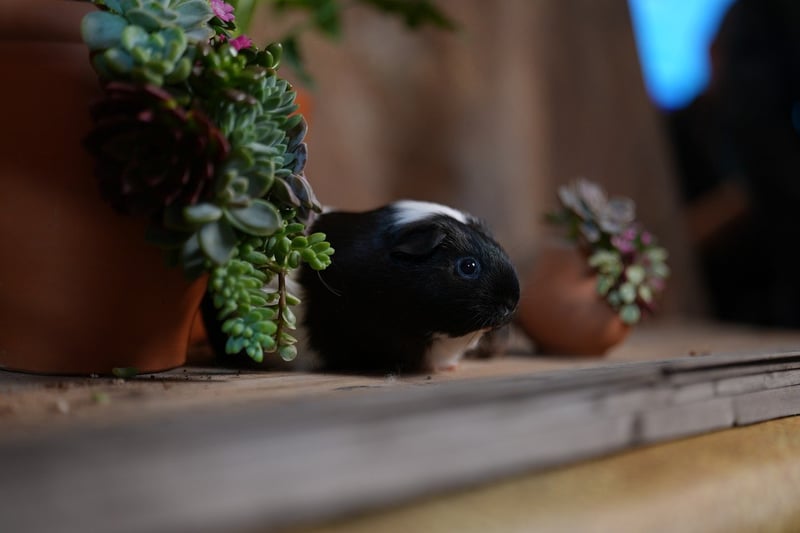Companion Planting
Protect Your Urban Garden with Companion Planting
Urban gardening is a rewarding and sustainable way to connect with nature, even in the midst of a bustling city. However, growing plants in a city environment comes with its own set of challenges, including limited space and potential pests. One effective and natural way to protect your urban garden is through companion planting.
What is Companion Planting?
Companion planting is the practice of growing mutually beneficial plants together to improve growth, deter pests, and increase crop productivity. By strategically pairing certain plants, you can create a harmonious ecosystem that promotes biodiversity and reduces the need for chemical pesticides.
Benefits of Companion Planting
- Repel pests naturally
- Attract beneficial insects
- Improve soil health
- Maximize garden space
- Enhance flavor and growth of plants
Examples of Companion Planting
Here are some popular companion planting combinations that you can try in your urban garden:
1. Tomatoes and Basil
Planting basil near tomatoes can improve the flavor of the tomatoes and repel pests like aphids and whiteflies.

2. Carrots and Onions
Interplanting carrots and onions can help deter carrot flies and onion maggots, as the strong smell of onions masks the scent of carrots.

3. Marigolds and Beans
Marigolds act as a natural insect repellent and can protect bean plants from pests like nematodes.

Get Started with Companion Planting
Whether you have a small balcony or a rooftop garden, companion planting can help you create a thriving urban garden ecosystem. Start by researching plant combinations that work well together and experiment with different pairings to see what works best in your space.
By harnessing the power of companion planting, you can protect your urban garden naturally and enjoy a bountiful harvest of fresh, healthy produce.
Happy gardening!
